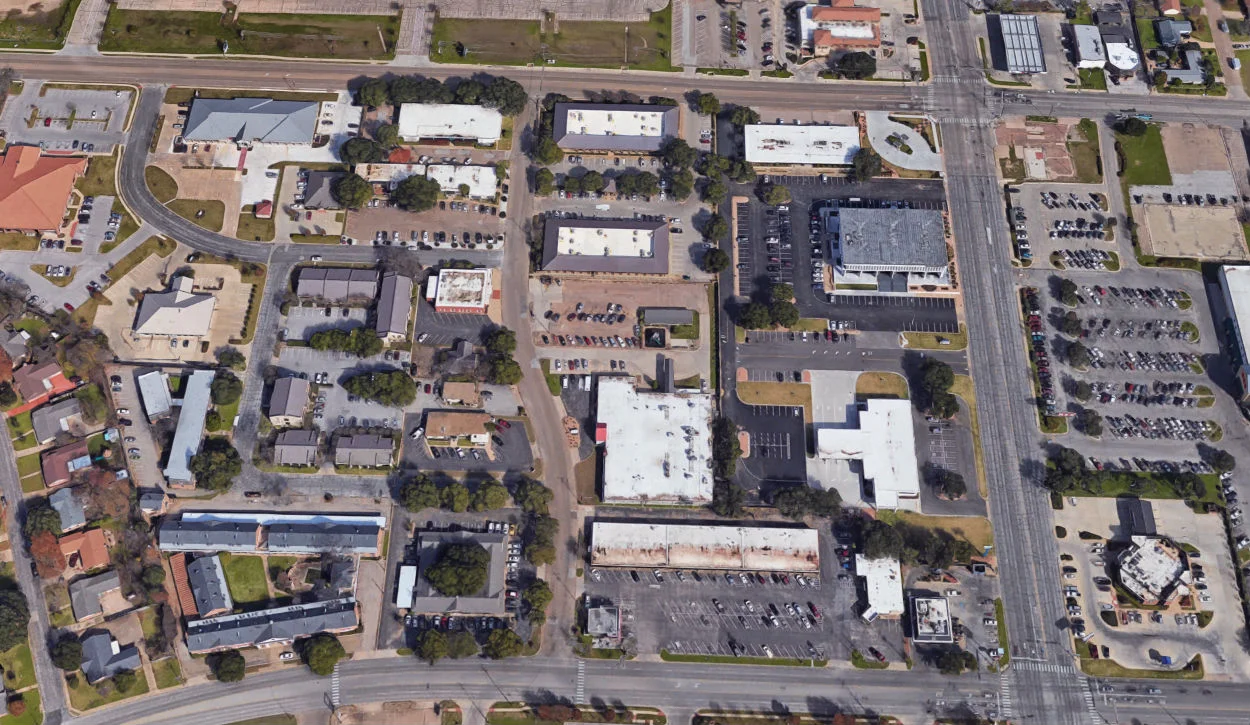Trying to navigate opaque bureaucracies, just to get permission to build something that used to be legal everywhere, is like eating Jell-O with chopsticks: tedious and unsatisfying. No wonder people find pragmatic work-arounds instead.
Read MoreAccessory Dwelling Units (ADUs) are a quintessentially Strong Towns approach to urban growth and affordability issues: bottom-up, decentralized, incremental, scalable and adaptable. Unfortunately, a litany of restrictions often makes them an unappealing option even where allowed.
Read MoreTypically, the thought of converting an old subway tunnel into parking would send shivers down the spines of urbanists. But this project may be a surprisingly beneficial way to catalyze redevelopment in Rochester, New York’s recovering downtown.
Read MoreSetback requirements waste valuable land and encourage its consolidation into the hands of a few instead of many.
Read MoreIn this interview, Chuck Marohn and Russ Roberts, host of the EconTalk podcast, discuss the political appeal of infrastructure spending vs. the economics perspective. They also talk about how to ensure a good return on investment and how to focus on smaller-scale projects.
Read MoreEven in a struggling town, there is huge momentum to make it stronger. Here are three stories that gave me hope during a recent Strong Towns event in Rockford.
Read MoreIncremental development brings more wealth into a community; the developers of small projects reap the benefits of property ownership, including income-producing properties and tax benefits. And since small developers are literally invested, they have a stake in the decisions of the community, and take part in decision-making and neighborhood advocacy.
Read MoreGrowing numbers of young and old Americans prefer to live in communities where they can walk to stores, school, services, parks and public transportation. But federal housing rules make it difficult to meet this demand.
Read MoreSmall scale developers envision a world with a lot more landlords. Here's why we think that’s such a good thing.
Read MoreThis week, Incremental Development Alliance is heading to Kalamazoo, MI for a Development Implementation Charrette and Small Developer Training Boot Camp.
Read MoreI was in Atlanta earlier this month to attend a conference for small scale developers. The focus was on the “missing middle” which has long been neglected by production builders, bankers, and regulators. I should start with some basic definitions.
Read MoreUrban environments full of fine-grained detail, hidden nooks and crannies and narrow passages are memorable, lovable places that stimulate our sense of play and adventure. They are a way to use land more intensively and productively without building monolithic, outsized developments. A historic artists' colony nestled in a residential neighborhood in Florida provides an example.
Read MoreMicrofinance organizations provide important financial services to small business owners, small scale developers and other under-resourced people in our community. They can play a role in helping build Strong Towns.
Read MoreWe've all looked at a property or lot in our community and thought to ourselves: "If only somebody would do something with that." Well perhaps that somebody is you!
Read MoreMonday News Digest—the latest and greatest from Strong Towns members' blogs! How to responsibly be a small-scale developer in a community on the rebound from blight and neglect—and how large-scale development money can arrest organic revitalization. Countering negative stereotypes of cities. Finding the middle-ground between "pro-" and "anti-development" political camps. Correcting perverse incentives from government structure, regulation and tax policy.
Read MoreThis week should be renamed the Johnny show, because Johnny Sanphillippo of Granola Shotgun has delivered so much great content this past week.
Read More“I want more people living downtown. I want it more dense. But to permit the use to change fifteen years from now without public approval is not OK. I have this neighborhood where I have an expectation, and then it changes. That’s not OK.”
Read More
















